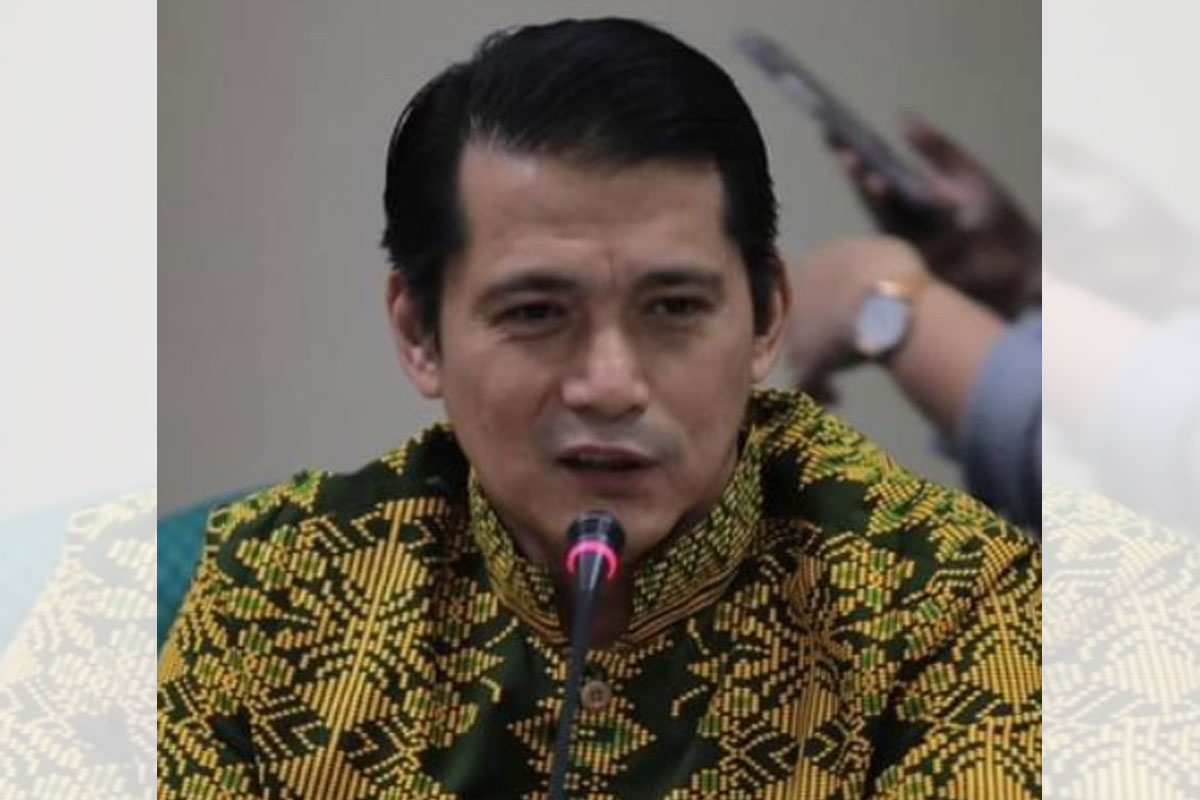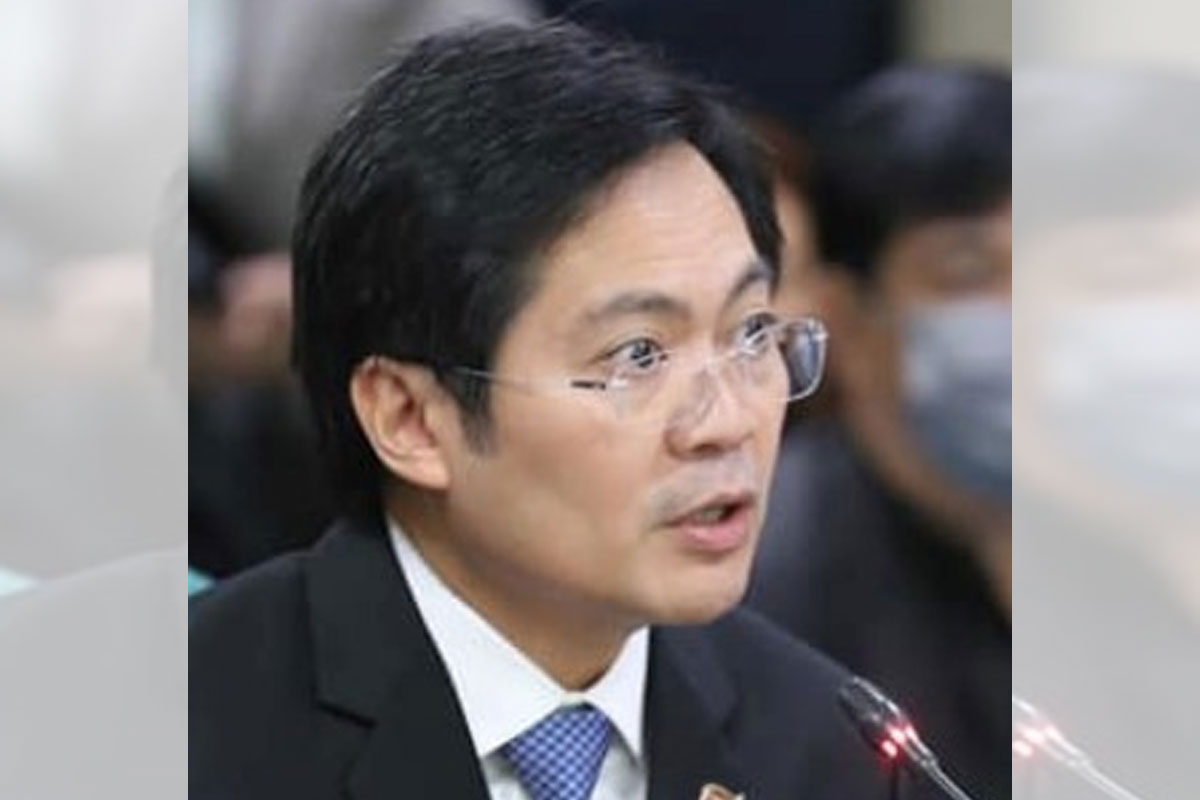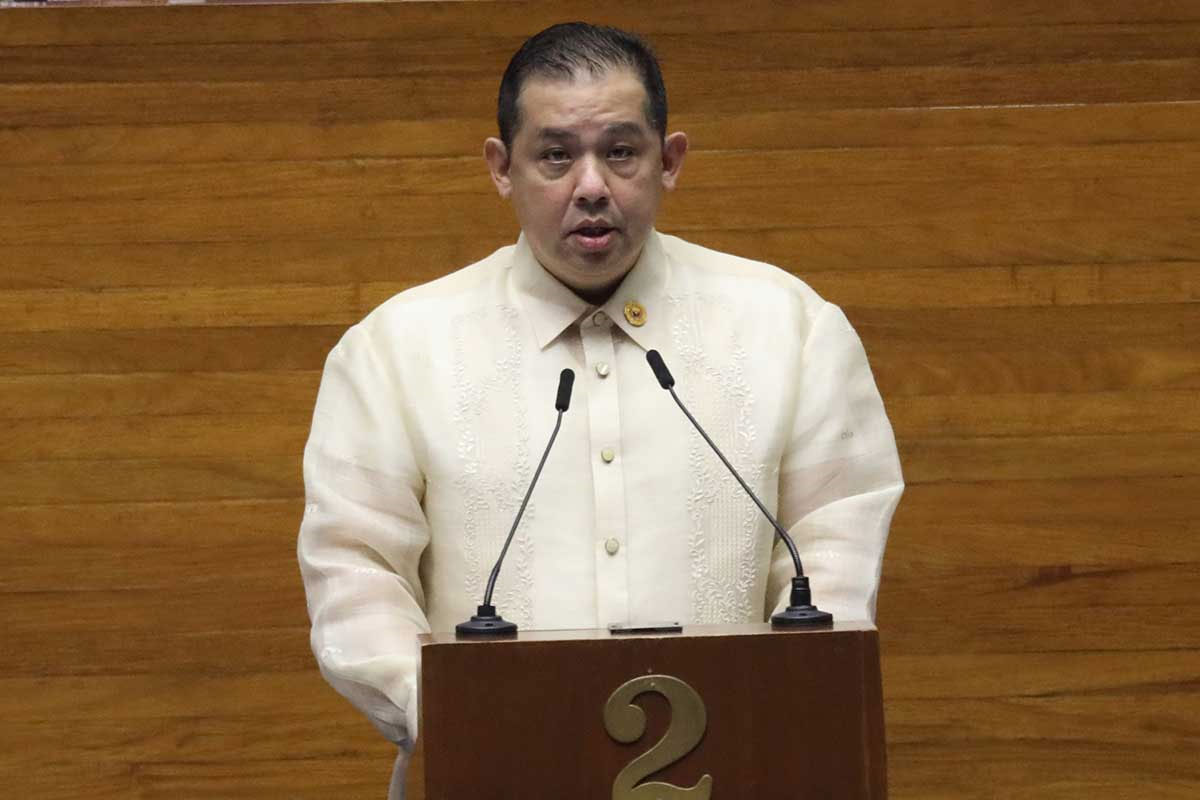
Robin pushes economic amendments to Constitution
SENATOR Robinhood “Robin” C. Padilla has taken the first major step towards amending the economic provisions of the 1987 Constitution, so the economy can better respond to the needs of the times.
In Resolution of Both Houses No. 3, Padilla proposed the changes to the Charter via constituent assembly, with both Houses of Congress – the Senate and House of Representatives – voting separately.
“To accelerate economic growth and fulfill its international commitment, the Philippines must amend its Constitution by removing these restrictive economic provisions to allow foreign businesses to directly invest in a more conducive landscape,” he said.
Padilla chairs the Senate Committee on Constitutional Amendments and Revision of Codes.
He noted the Philippines, with its complicated investment regulations stemming from the Constitution’s prohibitive economic provisions, is now “lagging behind” its neighbors in the Association of Southeast Asian Nations (ASEAN) in terms of foreign direct investment registry “despite its offer of tax holidays, and other fiscal incentives.”
Also, he said that while the Philippines ratified international trade and investment liberalization treaties to secure foreign investments and foster economic cooperation, the Constitution’s current economic provisions “restrict certain activities of foreign investors on exploration, development, and utilization of natural resources; ownership of private lands; grant of congressional franchises; ownership and operation of public utilities; ownership of educational institutions; and ownership and management of mass media and advertising.”
“These economic provisions are perceived to be barriers to trade and investment responsible for the continuous decline of foreign direct investments and placed the country as one of the most restrictive economies by international standards,” he lamented.
Under the resolution, the Senate and the House of Representatives by a vote of three-fourths of all members, with each House voting separately will tackle amendments to:
* Sections 2, 3, 7, 10, and 11 of Article XII;
* Section 4(2) of Article XIV; and
* Section 11 (1) and (2) of Article XVI
The proposed amendments include:
* The State may undertake exploration, development, and utilization of natural resources or may enter into co-production, joint venture or production-sharing agreements with Filipino citizens, or corporations at least 60% of whose capital is owned by such citizens unless provided by law;
* Private corporations may not hold alienable lands of the public domain except by lease for at most 25 years, renewable for not more than 25 years, and not to exceed 1000 hectares, unless otherwise provided by law;
* Congress may by law solely for the purpose of foreign direct investment allow aliens to acquire private lands not exceeding 1000 square meters in the area; and foreign-owned corporations to acquire rural private lands not exceeding five hectares in area;
* Upon recommendation of the economic and planning agency, and when the national interest dictates, Congress shall reserve certain areas of investment to citizens of the Philippines or, unless otherwise provided by law, to corporations at least 60% of whose capital is owned by such citizens;
* Authorization for operating a public utility shall be granted only to Philippine citizens while the executive and managing officers must be Philippine citizens unless otherwise provided by law;
* Educational institutions other than those established by religious groups and mission boards shall be owned solely by Philippine citizens while the control and administration of educational institutions shall be vested in Philippine citizens unless otherwise provided by law;
* Ownership and management of mass media shall be limited to Philippine citizens and only Filipino citizens or corporations at least 70 percent owned by Filipinos shall be allowed to engage in the advertising industry unless otherwise provided by law;
Political provisions, including the terms of elected officials, are not included in the resolution.
While a plebiscite will be held to ratify the resolution of both Houses of Congress, all existing provisions of the Constitution shall remain in effect until their enabling laws take effect.



















